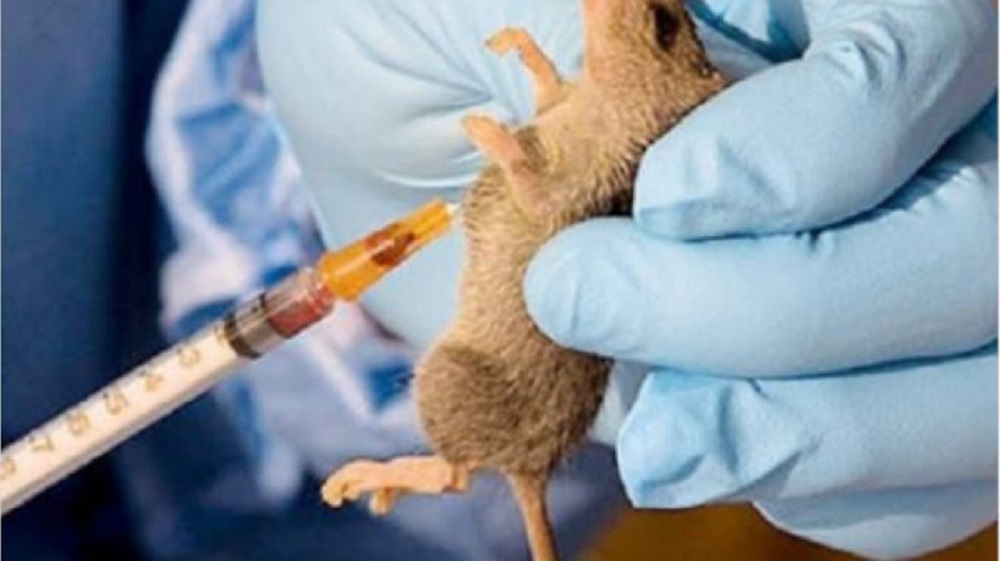The Nigeria Centre for Disease Control and Prevention (NCDC) on Thursday, reported that 846 confirmed cases of Lassa fever have been recorded in 25 States across 99 Local Government Areas in Nigeria this year, resulting in 148 deaths.
NCDC noted that Lassa fever remains a major public health challenge in Nigeria as a result of poor health-seeking behavior brought on by the high expense of treatment and clinical management, poor environmental sanitation, low awareness, and late presentation of Lassa fever cases.
Advertisement
According to the NCDC’s week 13 situation report, there are currently 4,338 suspected cases and 148 people have died from the illness nationwide.
The agency reported that the case-fatality ratio of the outbreak stood at 17.5 per cent.
The report also revealed that the 23 new cases recorded from March 27 to April 2, 2023, were from Bauchi, Ondo, Edo, Taraba, Ebonyi, Oyo and Kebbi States.
“Cumulatively from week one to week 13, 2023, 148 deaths have been reported with a case
fatality rate of 17.5 per cent which is lower than the CFR for the same period in 2022 (19.1 per cent).
“In total for 2023, 25 States have recorded at least one confirmed case across 99 Local Government Areas.
Advertisement
“Seventy-two of all confirmed Lassa fever cases were reported from these three states (Ondo, Edo, and Bauchi) while 28 per cent were reported from four states with confirmed Lassa fever cases. Of the 72 per cent confirmed cases, Ondo reported 32 per cent, Edo 29 per cent, and Bauchi 11 per cent.”
A total of 39 healthcare professionals have contracted the virus in Nigeria this year.
The age group most affected is 21-30 years and the male-to-female ratio for the confirmed cases is 1:0.9.
NCDC stated that it has activated the National Lassa fever multi-partner, multi-sectoral Emergency Operations Center to coordinate the response activities at all levels.
Lassa fever is an animal-borne or zoonotic, acute viral illness spread by the common African rat.
Advertisement
It is endemic in parts of West African including Sierra Leone, Liberia, Guinea, Nigeria and other neighboring countries.
The viral disease is contracted through exposure to food or household items contaminated with urine or faeces of infected Mastomys rats.
Person-to-person infection and laboratory transmission can also occur especially in healthcare settings in the absence of adequate infection prevention and control measures.



